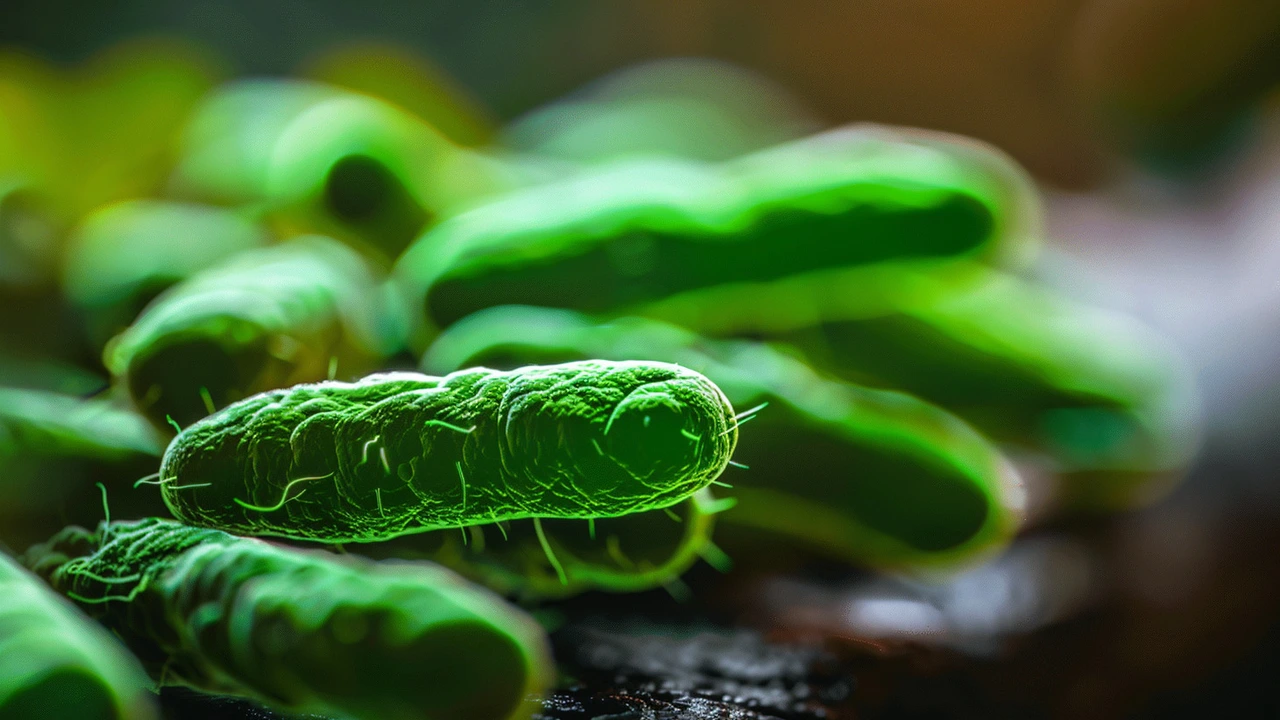Cholera outbreak: quick guide to symptoms, prevention and what to do
Cholera can kill within hours if severe dehydration sets in. If there’s an outbreak near you, quick action matters more than long explanations. This page tells you how to spot cholera, how to treat dehydration at home, and what steps households and communities must take to stop it.
Cholera basics: it’s a bacterial infection spread mainly by contaminated water and food. People get infected when they drink or eat anything with Vibrio cholerae bacteria. Poor sanitation, broken water systems, floods, and crowded living conditions help it spread fast.
Recognize symptoms fast
The main sign is sudden, very watery diarrhea often called "rice-water stools." Vomiting and stomach cramps come with it. Watch for signs of severe dehydration: very little urine, dry mouth, sunken eyes, extreme weakness, or cold, clammy skin. Children and the elderly can worsen much faster.
If someone has heavy diarrhea and can’t keep fluids down, treat them as an emergency. Don’t wait for lab results—seek medical care right away.
Immediate actions and home treatment
Start rehydration immediately. Oral rehydration solution (ORS) saves lives. Mix 1 litre of clean water with 6 level teaspoons of sugar and 1/2 teaspoon of salt. Give small, frequent sips. For babies, continue breastfeeding and give ORS slowly with a spoon.
If the person is severely dehydrated, cannot drink, or is losing consciousness, get to a clinic or hospital. Health workers can give IV fluids and, when appropriate, antibiotics to shorten the illness.
Keep the sick away from food preparation. Dispose of stool safely—buried or in a covered pit—and clean surfaces with chlorine solution (1 part bleach to 9 parts water is common for cleaning). Wash hands often with soap and water, especially after using the toilet and before touching food.
Make water safe: boil it for at least one minute, or use chlorine tablets or household bleach (check local guidance for correct doses). Drink bottled water if you can trust the seal. Avoid ice, raw vegetables you can’t peel, and street food during an outbreak.
Vaccines: oral cholera vaccines are used in many outbreaks and in high-risk communities. They reduce the chance of getting sick and are part of public health responses. Check with your local health authorities about vaccine availability.
Community steps matter: repair water systems, set up clean latrines, distribute ORS and safe water, and run hygiene campaigns. Report cases quickly to local health teams so they can trace contacts and contain spread.
If you live or travel in affected areas, follow public health alerts, carry ORS packets, and teach family members simple hygiene tips. Small actions—clean water, handwashing, and prompt rehydration—prevent deaths and stop outbreaks from growing.
Lagos State is facing a severe health crisis as a cholera outbreak has claimed 24 lives. The government has confirmed 35 cases from 417 suspected instances. Measures are being introduced to control the situation as health authorities work tirelessly to prevent further fatalities.
Recent-posts
Aug, 18 2024






